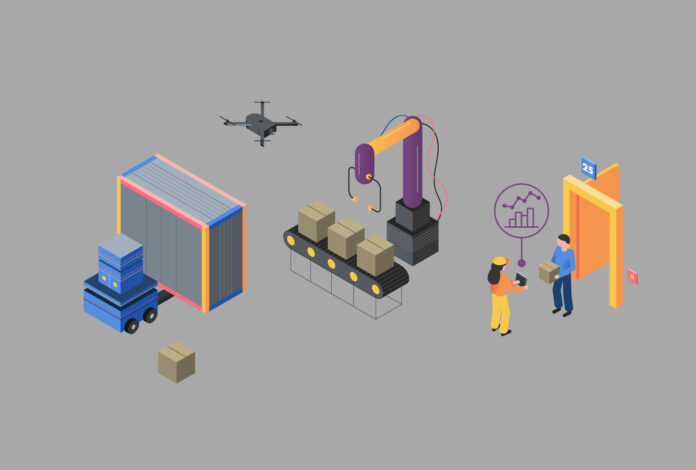Introduction to Logistics and Technology
The coronavirus crisis has highlighted the importance of efficient logistics and supply chain management. Behind the scenes of online purchases and home deliveries, numerous technologies work together to ensure a seamless experience. From inventory management to last-mile delivery, logistics involve a complex range of operations that require precision and accuracy. Fortunately, the growth of globalization and e-commerce has driven the development of innovative logistics management technologies.
Stages of Advanced Logistics Operations
Logistics operations can be broken down into several stages, each with its unique challenges and technological solutions.
Stage 1: Receipt of Goods
This stage involves the receipt and processing of goods at a warehouse or facility. Technologies such as robotic arms and autonomous platforms play a crucial role in executing repetitive tasks and transporting materials efficiently.
Stage 2: Integral Warehouse Management
At this stage, technologies such as drones, sensors, and exoskeletons are used to control inventory, detect security problems, and ensure the health and safety of workers.
Stage 3: Distribution of Goods
This stage involves the transportation of goods over long distances. Technologies such as data analysis, GPS, and IoT enable the optimization of routes, product traceability, and verification of process parts.
Stage 4: Last Mile Delivery
The final stage involves the delivery of goods to the end customer. Technologies such as order tracking, AI algorithms, and real-time planning enable efficient and satisfactory delivery experiences.
Robotics in Warehouses
Robotics is revolutionizing warehouse operations, particularly in heavy and automotive industries. Self-driving mobile platforms, collaborative robotic arms, and drones are being used to transport materials, pick out components, and track inventory.
Safety First
Worker safety is a top priority in logistics operations. Exoskeletons are being used to reduce physical strain and risk of injury, while sensors and "dead man systems" detect vital signs and alert to any anomalies.
Blockchain in Logistics
Blockchain technology is a game-changer in logistics, enabling the tracking and verification of products throughout the distribution chain. This technology provides enormous advantages for industrial clients and workers, improving efficiency and transparency in logistics operations.
Conclusion
In conclusion, the future of logistics is technology-driven. Innovative technologies such as robotics, drones, sensors, and blockchain are transforming the logistics industry, enabling safer, more efficient, and cost-effective operations. As a pioneering and innovating company, ACCIONA is at the forefront of implementing these advances, improving the efficiency of intralogistics operations and setting a new standard for the industry.

